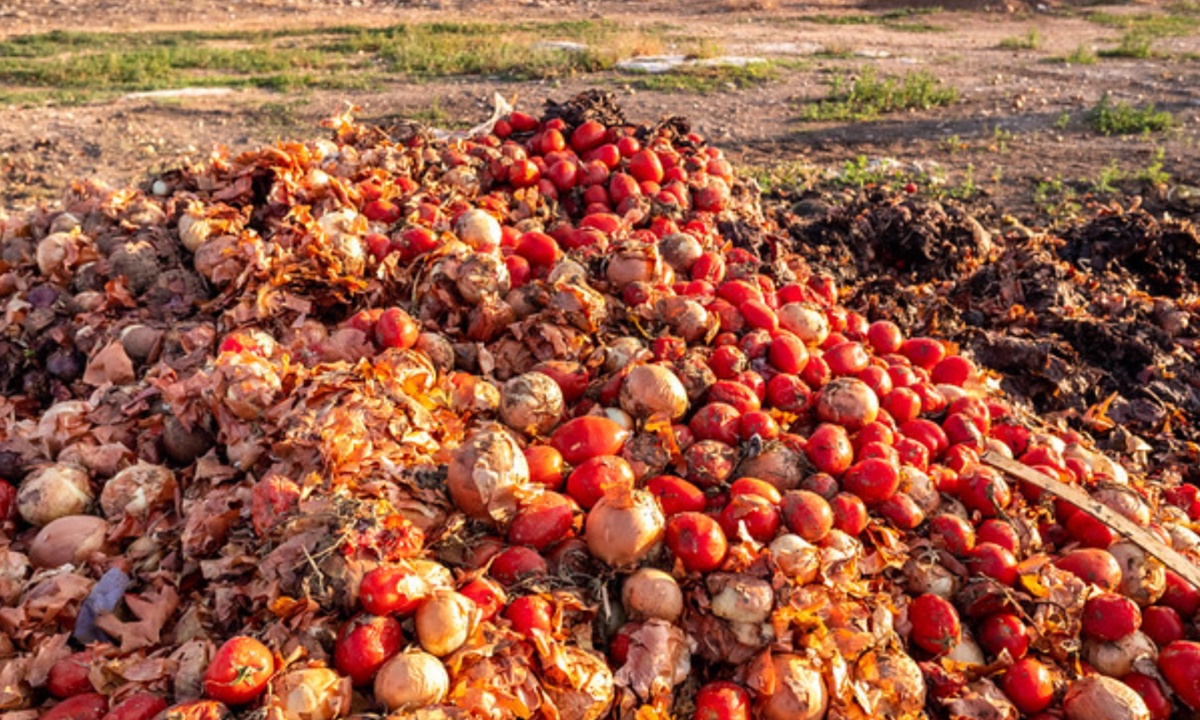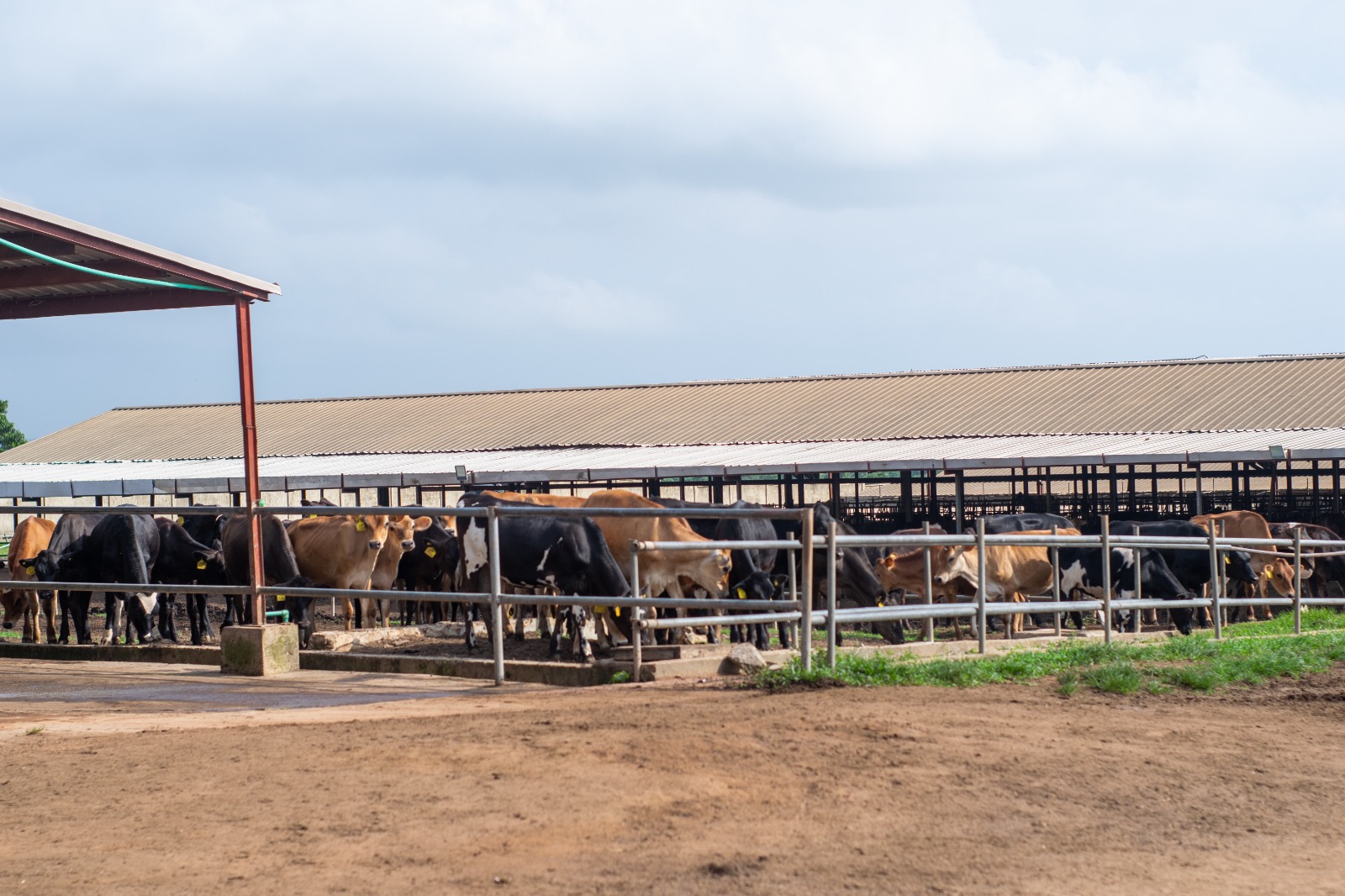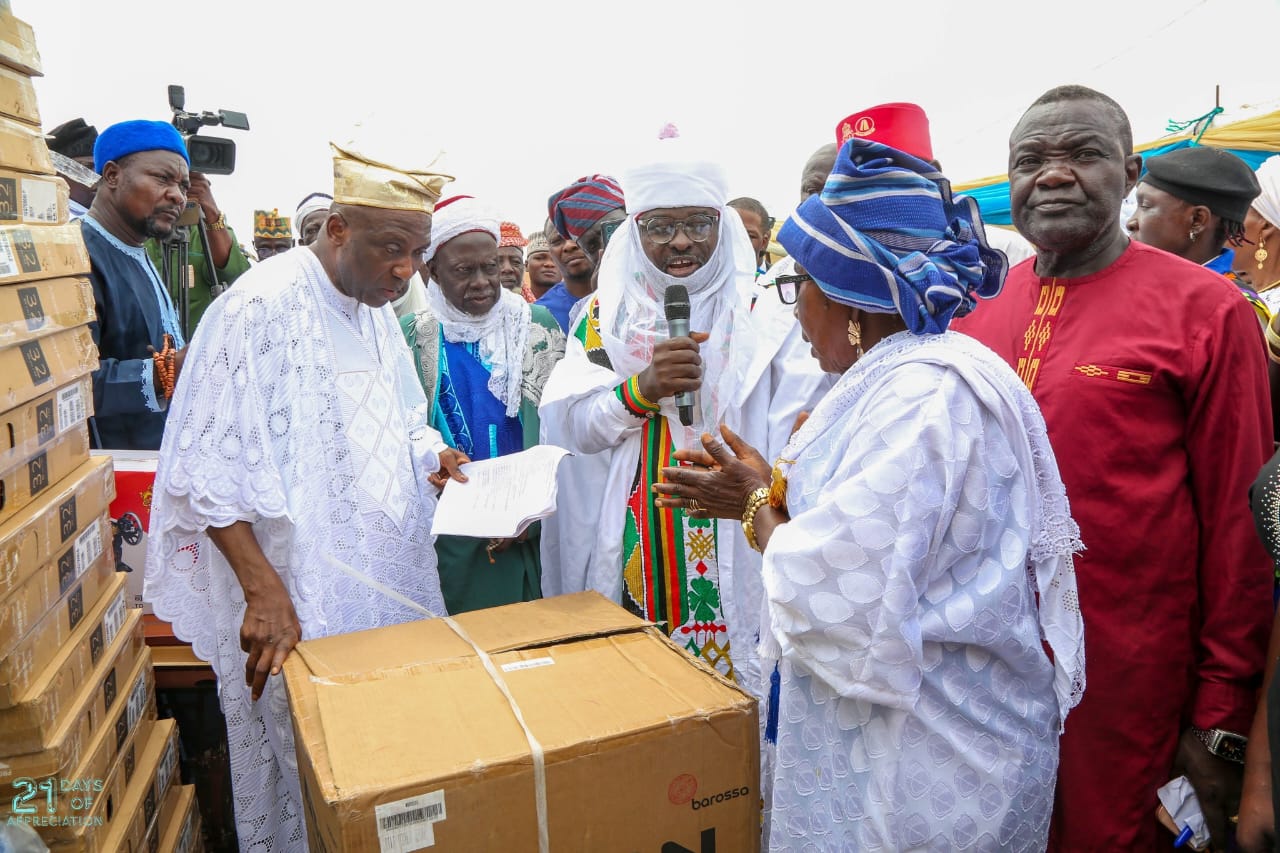UN Reveals How Households Waste Over 1 Billion Meals Daily
BY OLADOKUN VICTORIA MODUPE

Households across all continents wasted over 1 billion meals a day in 2022, while 783 million people were affected by hunger and a third of humanity faced food insecurity. Food waste continues to hurt the global economy and fuel climate change, nature loss, and pollution. These are the key findings of a UN Environment Programme (UNEP) report published today, ahead of the International Day of Zero Waste.
The UNEP Food Waste Index Report 2024, co-authored with WRAP, provides the most accurate global estimate on food waste at retail and consumer levels. It guides countries on improving data collection and suggests best practices in moving from measuring to reducing food waste.
In 2022 there were 1.05 billion tonnes of food waste generated (including inedible parts), amounting to 132 kilograms per capita and almost one-fifth of all food available to consumers. Out of the total food wasted in 2022, 60 per cent happened at the household level, with food services responsible for 28 per cent and retail for 12 per cent.
“Food waste is a global tragedy. Millions will go hungry today as food is wasted across the world,” said Inger Andersen, Executive Director of UNEP. “Not only is this a major development issue, but the impacts of such unnecessary waste are causing substantial costs to the climate and nature. The good news is we know if countries prioritise this issue, they can significantly reverse food loss and waste, reduce climate impacts and economic losses, and accelerate progress on global goals.”
Since 2021, there’s been a strengthening of the data infrastructure with more studies tracking food waste. Globally, the number of data points at the household level almost doubled. Nevertheless, many low- and middle-income countries continue to lack adequate systems for tracking progress to meet Sustainable Development Goal 12.3 of halving food waste by 2030, particularly in retail and food services.
Only four G20 countries (Australia, Japan, UK, and the USA) and the European Union have food waste estimates suitable for tracking progress to 2030. Canada and Saudi Arabia have suitable household estimates, with Brazil’s estimate expected in late 2024. In this context, the report serves as a practical guide for countries to consistently measure and report food waste.
The data confirms that food waste is not just a ‘rich country’ problem, with levels of household food waste differing in observed average levels for high-income, upper-middle, and lower-middle-income countries by just 7 kg per capita. At the same time, hotter countries appear to generate more food waste per capita in households, potentially due to higher consumption of fresh foods with substantial inedible parts and a lack of robust cold chains.
According to recent data, food loss and waste generates 8-10 per cent of annual global greenhouse gas (GHG) emissions – almost 5 times that of the aviation sector – and significant biodiversity loss by taking up the equivalent of almost a third of the world’s agricultural land. The toll of both food loss and waste on the global economy is estimated at roughly USD 1 trillion.
Urban areas are expected to particularly benefit from efforts to strengthen food waste reduction and circularity. Rural areas generally waste less food, with greater diversion of food scraps to pets, livestock, and home composting as likely explanations.
As of 2022, only 21 countries have included food loss and/or waste reduction in their national climate plans (NDCs). The 2025 NDC revision process provides a key opportunity to raise climate ambition by integrating food loss and waste. The Food Waste Index Report underscores the urgency of addressing food waste at both individual and systemic levels.
Robust baselines and regular measurements are needed for countries to show changes over time. Thanks to the implementation of policies and partnerships, countries such as Japan and the UK show that change at scale is possible, with reductions of 31 per cent and 18 per cent respectively.
“With the huge cost to the environment, society, and global economies caused by food waste, we need greater coordinated action across continents and supply chains. We support UNEP in calling for more G20 countries to measure food waste and work towards SDG12.3,” said Harriet Lamb, CEO of WRAP. “This is critical to ensuring food feeds people, not landfills. Public-private partnerships are one key tool delivering results today, but they require support: whether philanthropic, business, or governmental, actors must rally behind programmes addressing the enormous impact wasting food has on food security, our climate, and our wallets.”
UNEP maintains tracking country-level progress to halve food waste by 2030, with a growing focus on solutions beyond measurement towards reduction. One such solution is systemic action through public-private partnerships (PPPs): Bringing the public sector, private sector and non-government to work together, identify bottlenecks, co-develop solutions, and drive progress. Appropriate financing can enable PPPs to deliver farm-to-fork reductions in food waste and drive down GHGs emissions and water stress while sharing best practices and encouraging innovation for long-term, holistic change. PPPs on food loss and waste are growing worldwide, including in Australia, Indonesia, Mexico, South Africa, and in the UK where they have helped cut over a quarter of household food waste per capita from 2007-18.
UNEP is the leading global voice on the environment. It provides leadership and encourages partnership in caring for the environment by inspiring, informing and enabling nations and peoples to improve their quality of life without compromising that of future generations.
WRAP is a global NGO based in the UK. It is one of the UK’s top 5 environmental charities and works with governments, businesses and individuals to ensure that the world’s natural resources are used sustainably. Founded in 2000 in the UK, WRAP now works around the world and is a Global Alliance Partner of The Royal Foundation’s Earthshot Prize.















